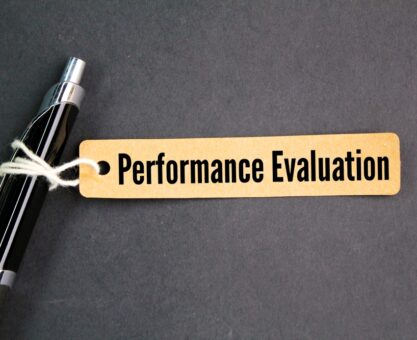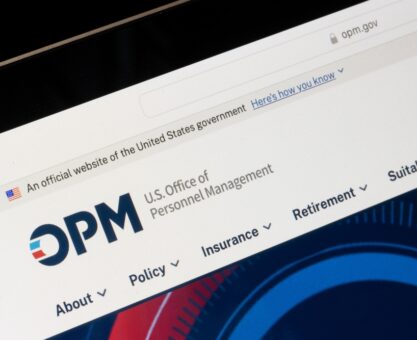On January 20, 2025, President Donald Trump signed an executive order mandating that federal employees return to full-time, in-person work, effectively ending telework arrangements. The Office of Personnel Management (OPM) has directed federal agencies to implement this directive promptly, emphasizing that a centralized policy is necessary to ensure employees return to the office.
The mandate requires most federal employees to be back in their offices five days a week by March 10, 2025. Exceptions are provided for employees with disabilities or compelling medical conditions. Agencies are also expected to honor existing collective bargaining agreements with unions representing federal workers. Employees accepting the deferred resignation offer will not be required to return to the office.
Everett Kelly, the National President of the American Federation of Government Employees, issued the following statement:
“To justify this backward action, lawmakers and members of President Trump’s transition team have spent months exaggerating the number of federal employees who telework and accusing those who do of failing to perform the duties of their jobs. The truth is that less than half of all federal jobs are eligible for telework, and the workers who are eligible to telework still spend most of their work hours at their regular duty stations.”
AFGE currently has over 800,000 members a number that increased by 7,400 in 2024.
The OPM has addressed the union’s objections via a February 3 memo to all heads and acting heads of departments and agencies stating that the right to telework and hours of telework allowed are a management right and “provisions of collective bargaining agreements that conflict with management rights are unlawful and cannot be enforced.” “Thus, any CBA provisions that purport to restrict the agency’s right to determine overall levels of telework are likely unlawful and unenforceable. Agencies should not interpret or apply such provisions to prevent compliance with the President’s government-wide directive in Return to In-Person Work.”
The administration argues that returning to in-person work is essential for efficiency, accountability, and optimal use of federal office spaces. OPM Acting Director Charles Ezell stated, “The only way to get employees back to the office is to adopt a centralized policy requiring return-to-work for all agencies across the federal government.”
This directive is part of a series of executive actions taken by President Trump upon assuming office, reflecting his administration’s priorities and approach to federal workforce management. In other memorandums issued by the OPM, agencies have been instructed to identify all employees on probationary periods, who have served less than a year in a competitive service appointment, or who have served less than two years in an excepted service appointment, and send a report to OPM.



























